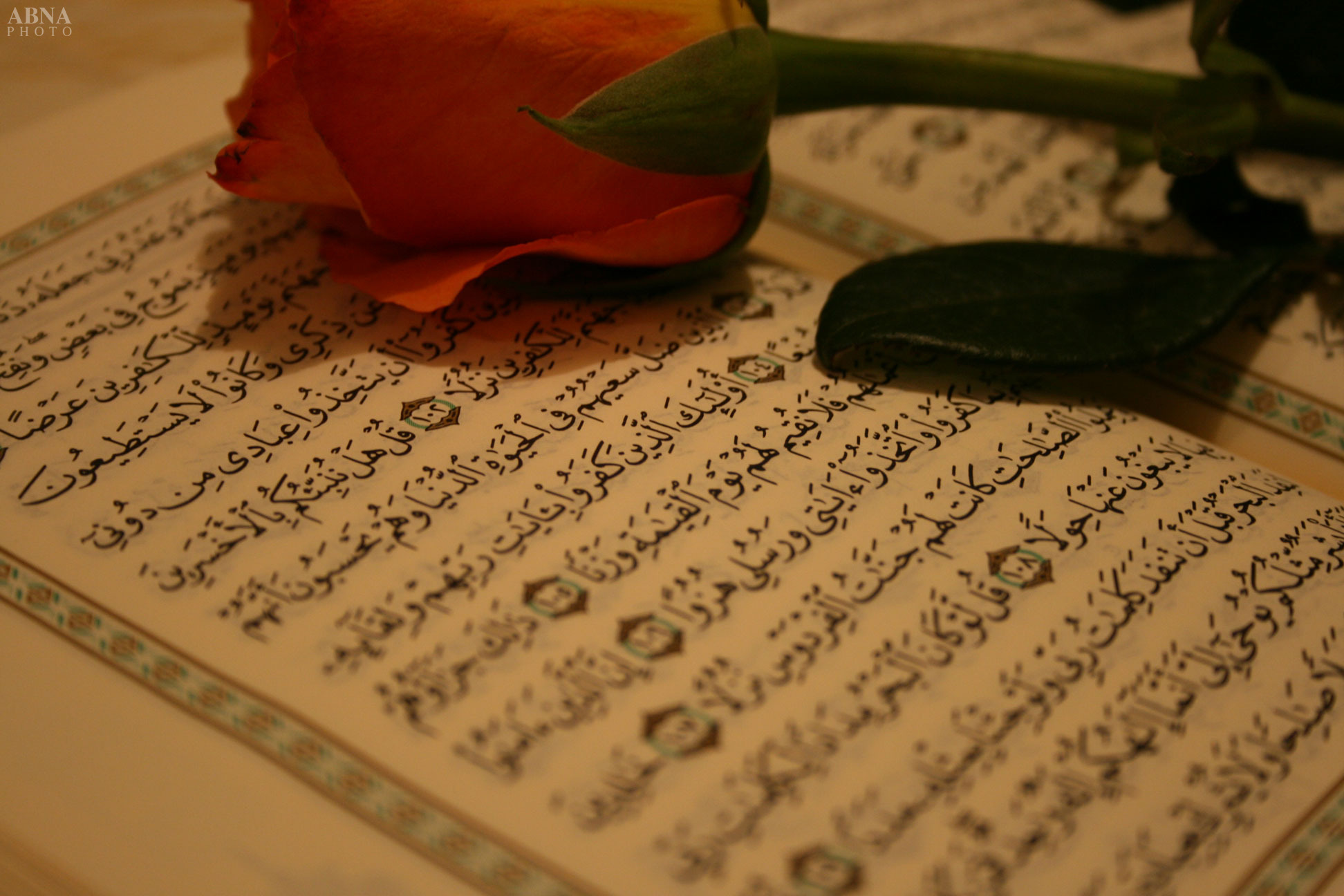Whatever crushes individuality is despotism, by whatever name it may be called and whether it professes to be enforcing the will of God or the injunctions of men.- John Stuart Mill
Burka rage. Is that a deranged, burka-wearing Muslim woman picking a fight in the middle of a traffic jam? Actually, burka rage is the term used to describe the recent violence against a burka-clad Muslim woman whose veil was ripped off by a female lawyer following insulting remarks comparing the Muslim woman to a demon.
This is the very burka that is on the guillotine this week in the French Parliament. The French and Belgian governments have already banned the hijab, the head covering, from public spaces, and the burka, the full body covering, has been banned in Belgium. Turkey has had a hijab ban on the books since 1980. As France and the rest of Europe struggles with abstract questions of state power over personal freedom, it should look to a thinker who has asked and answered these thorny questions: John Stuart Mill.
Aside from the debate over whether the veil is oppressive or not, France’s abhorrence of covered women is rooted in its unique version of secularism, known as laïcité. Laïcité has a twist: religion is not just absent from public spaces, it is regulated to keep it from entering France’s public institutions.
As Mill presciently points out, the obliteration of individuality is a crime against humanity, whether it be God’s will or the will of man. The activist system of laïcité attempts to erase any sign of religious individuality from the public sphere, committing what is intrinsically an act of despotism, and of ignorance.
The argument of French lawmakers is that religious symbols should not be worn in public spaces so as not to unduly influence people’s religious inclinations. What they fail to understand is that the hijab and burka are fundamentally public garments, meant to be worn only outside the home.
The overarching goal of the hijab, as prescribed and worn by the majority of Muslim women, is modesty. The hijab and burka are meant to be worn to conceal the aspects of a woman that are central to her beauty- her hair, her curves, her skin- from men that are not the woman’s relations. Since men that are not a woman’s relations would only be encountered outside the home, the hijab and burka are meant to be worn only in public spaces. To wear the hijab or burka inside the home- unlike a cross or yarmulke- is pointless.
The public nature of the hijab and burka put these garments in a unique position. If this ban is enacted, the hijab and burka would not just disappear from public spaces, it would disappear from French Islam altogether. Other religious symbols would continue to be worn in the street and at home. The French government would have single-handedly obliterated a centuries-old religious tradition.
It can alternately be argued that the Islamic mandate for all women to wear the hijab or burka is also a criminal attempt to repress individuality. The fact is that interpretations of Quranic verses and the Prophet Muhammad’s sayings related to hijab vary so widely among Muslim scholars that these garments tend to be far from mandatory clothing. Hence, you have the burka-clad woman in France and the bikini-clad Muslim woman who won the 2010 Miss USA title.
The hyper-attention being paid to the role of religious influence in France hints at a future French society in which students and civil workers are all dressed in the same drab, colorless uniform devoid of faith, personality and inspiration.
Which brings me to another pearl of wisdom dropped by Mill. “The perfection of machinery to which [the state] has sacrificed everything will in the end avail it nothing, for want of the vital power which, in order that the machine might work more smoothly, it has preferred to banish.” Simply put, the most efficient state in the world would be worth nothing if the “vital” individuality of its citizens is crushed.
The true path to an equal society is to ensure all its citizens are treated equally and allowed to flourish. France can do no better than to follow this universal truth.
Shazia Ali is a blogger at Open Salon and writer based in Chicago, IL.


















This article brings up alot of really good points about Mill and tolerance of others freedom for self expression. I do think people should be free to be whatever religion they want and express their faith in any way they choose, that sounds great. But then I started thinking, what if my religion believed in slavery, should I be allowed to have slaves? What if my religion calls for human sacrifice, should I be free to do that? What if my religion said I need to walk around naked all the time, should I be free to do that. I am not saying wearing the burqa is like any if these things, I am mearly posing the question, of how far should tolerance of others religious practices be taken? Is there a limit? If so what is the limit? I think the problem for alot if westerners, is the deep rooted belief in women’s rights. I am an American, and I see women in the scarf all the time, but when I went to London I was shocked by the women in the sheets, totaly covered head to toe, like a Ku Klux Klan member in black, where you can’t see anything but their eyes, I thought it was really scary. I don’t mean that in an offensive way but culturally it is so different from what is normal for women in the west, it is offensive to us because it at least apperas to stem from a deep gender inequality and a frightening religious radicalism. I think people who want to ban the veil, it is like wanting to ban slavery, you don’t want to see another human denied basic human rights and dignity or freedom in the name of religious tolerance. I know the answer to that is these women choose to wear that burqa, but I just think they have been brainwashed. No person should want to deny their humanity, hide their face from the world it feels like that must psycologicaly mess you up inside. It threatens out freedom, I mean western women, when I see a woman like that, I think how much I appreciate my freedom and I fear losing it. I think people in the west don’t want to sacrifice women’s rights and equality and our view of gender roles, in the name of religious tolerance. Also what about the safety threat posed to society of people are allowed to walk around with their faces covered? You can’t walk around all day in a ski mask, go into banks and government offices, covering your face. I don’t know I am sorry of this sounds bad, I love Islam and Muslims, and believe in tolerance and the scarf, I just don’t know about the face cover, sheet over the head look, I could see where society would frown upon that, just as they might frown upon walking around naked in the name of religion.
*Let’s be real, prostitutes wear hijab…
should read, Let’s be real, some muslim prostitutes wear hijab and so do many Muslim women…
First, the burqa is not an Islamic garment and I am rather tired of the debate being centered around something that is not Islamic in origin. Historically, the covering of faces were resrved for polytheistic priestesses and elite hedonists who did not want to be confused with the common folks.
Second, I disagree with the France’s wanting to ban the niqab because I believe it has to do with France’s desire to preserve what they believe French society to be about. In short-it’s xenophobic in nature. However, I disagree with the discourse.
It’s the same as arguing women in France have two choices either to become the next Zahia Derar or wear some other person’s idea of what “hijab” means.
If we are true to our religion than we must understand that there is NO COMPULSION. Hijab is mentioned several other times in the Qur’an in terms of concealment of behavior or the heart. We must encourage people, both men and women, to start behaving better.
Let’s be real, prostitutes wear hijab and so do many Muslim women. Clothing does not make you modest nor does it make you holier than thou. Behavior makes you modest.